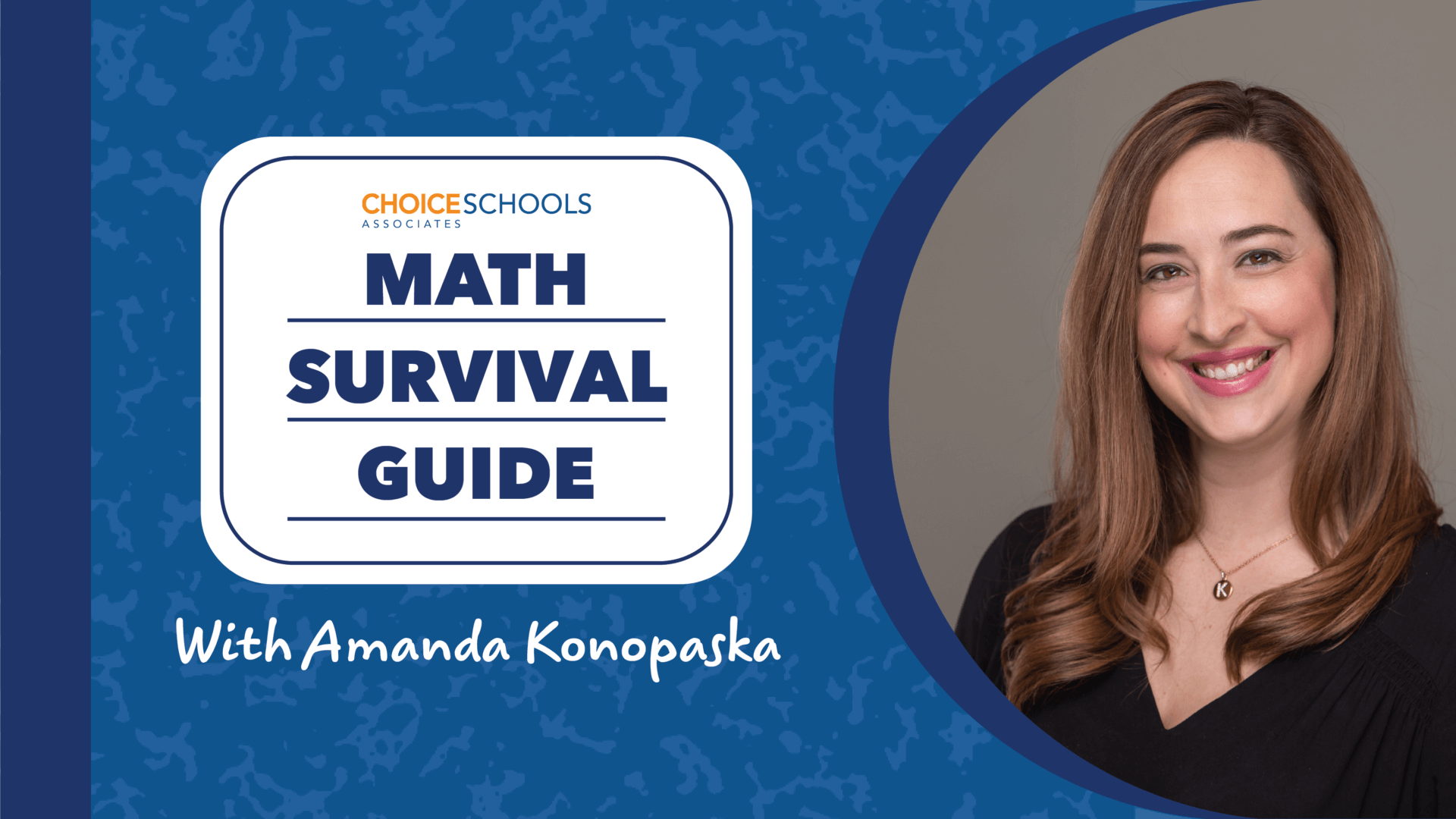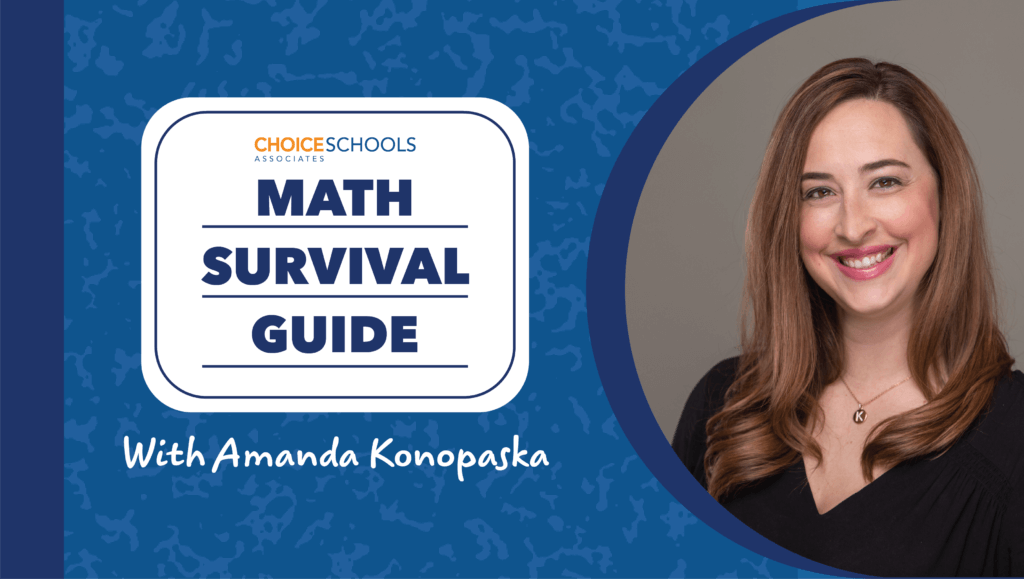You would never know it from my GPA, but I grew up hating math. It didn’t excite me; it wasn’t hands-on and to be honest, most of my teachers didn’t seem so excited about it either. So, how was I able to actually “survive” it?
Once I got to high school, I didn’t. It’s true. During my freshman year, I failed Algebra 1. At this point in my life, I had never felt failure before. But this was it. This was the one thing that left me defeated. I just didn’t get it. I didn’t understand the concepts. The words haunted me, equations, slope, intercept form, parabolas, exponential functions, polynomials… my brain still hurts thinking about them all.
I found myself in summer school with the most amazing, energetic and enthusiastic teacher. She wanted us to succeed. She knew that we didn’t understand it the way it was taught straight from the textbook. So instead, she developed new ideas and brought in manipulatives for us to grow in our understanding of certain concepts. She made the experience worthwhile, and I finally found myself starting to understand it all.
As I reflect on that experience as an adult and watch my own child learn in such a different way, I am enamored by the way manipulatives support mathematical concepts. They allow the child to connect an abstract idea to a concrete one. At the age of 4, my daughter was able to not only identify quantities up to 9,000 but also associate them with the Golden Bead Material. While the work presented itself and my daughter was able to manipulate it, this experience deepened her knowledge of the concept. Not only did the manipulatives communicate concepts but the movement of the objects was essential to her cognition. I am grateful that she can experience math in such a different way than I did.
There is more to math than just concepts. An enthusiastic teacher that believed in me and knew I needed to learn differently grew my confidence. Learning with manipulatives helped me to critically think about abstract ideas. Hands-on experiences with movement strengthened my brain. THESE are what helped me to understand math. One experience doesn’t make us a failure. This is just proof that a teacher and a tool used differently can turn defeat into a great success.
And by the way (in case you were wondering), I did pass summer school with an A!
Amanda Konopaska M.ED., Director of Montessori Education & Development


